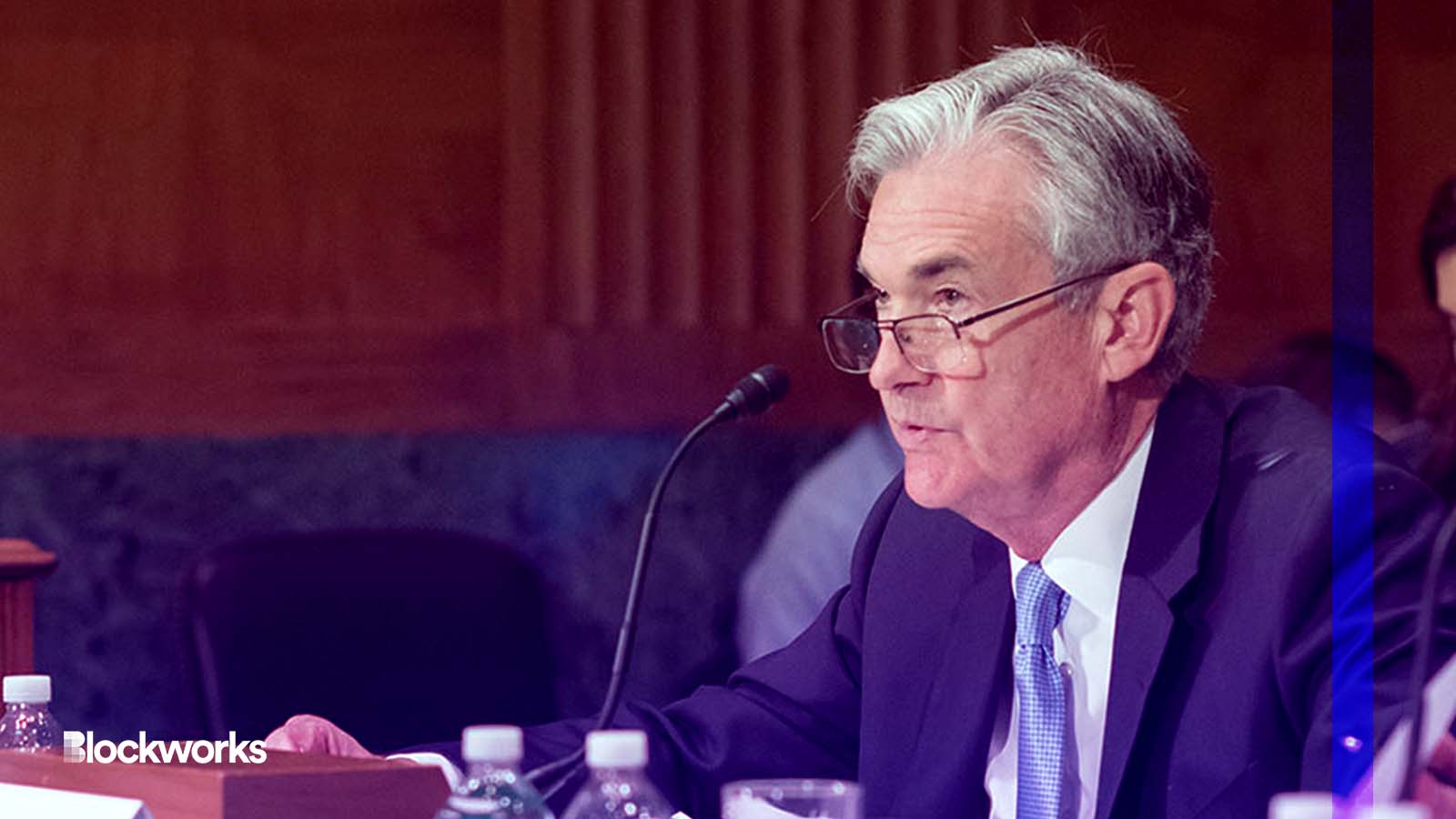Federal Reserve to expand oversight of crypto-related activities at banks
The program will be folded in under current supervisory processes with “experts working alongside current supervisory teams to oversee banks engaged in novel activities”

Federal Reserve Chair Jerome Powell | Federal Reserve (CC license)
The Federal Reserve says it will expand how it oversees the crypto activities of US regulated banks.
The move by the US central bank falls under the “novel activities supervision program” the Federal Reserve introduced on Tuesday, which includes cryptocurrencies and additional emerging asset classes. It also covers applications of distributed ledger technology that have the “potential for significant impact on the financial system.”
According to a published outline of the program’s aims, regulators will “enhance the supervision of novel activities” such as “crypto-asset custody, crypto-collateralized lending, facilitating crypto-asset trading, and engaging in stablecoin/dollar token issuance or distribution.”
The program will also focus on distributed ledger technology (DLT), and other “technology-driven partnerships with nonbanks to deliver financial services to customers.”
The program is designed to ensure, the Federal Reserve said in documents Tuesday, that state member banks will “place controls to conduct the activity in a safe and sound manner.”
The Fed said that “given the novelty” of new technologies — including crypto — questions “may not be sufficiently addressed by existing supervisory approaches, and may raise concerns for the broader financial system.”
This oversight includes projects that use DLT, as well as traditional banking entities that engage in certain crypto activities, such as lending deposits or payments. Tokenization was also a key area of focus the regulator outlined.
The program will be folded in under current supervisory processes, according to a statement from the Fed, with “program experts working alongside current supervisory teams to oversee banks engaged in novel activities.”
“The Program will help ensure that regulation and supervision allow for innovations that improve access to and the delivery of financial services, while also safeguarding bank customers, banking organizations, and financial stability,” the Fed said.
It wasn’t immediately clear which firms would be subject to the Federal Reserve’s more stringent oversight.
State member banks have been tasked with obtaining written approval from the Fed prior to using DLT or “similar technologies to conduct payments activities as principal, including by issuing, holding, or transacting in dollar tokens.”
But the financial regulator said that, on the banking side, all banks “supervised by the Federal Reserve,” including those with $10 billion or less in consolidated assets” would fall under the program’s jurisdiction. The classification suggested that regional financial operators would fall under that umbrella — not just bulge-bracket banks.
It also added that the program is “risk-based” and the “level and intensity of supervision will vary based on the level of engagement in novel activities by each supervised banking organization.”
Updated Tuesday, Aug. 8 at 5:35 pm ET: Added context about state member banks.
Get the news in your inbox. Explore Blockworks newsletters:
- The Breakdown: Decoding crypto and the markets. Daily.
- 0xResearch: Alpha in your inbox. Think like an analyst.






